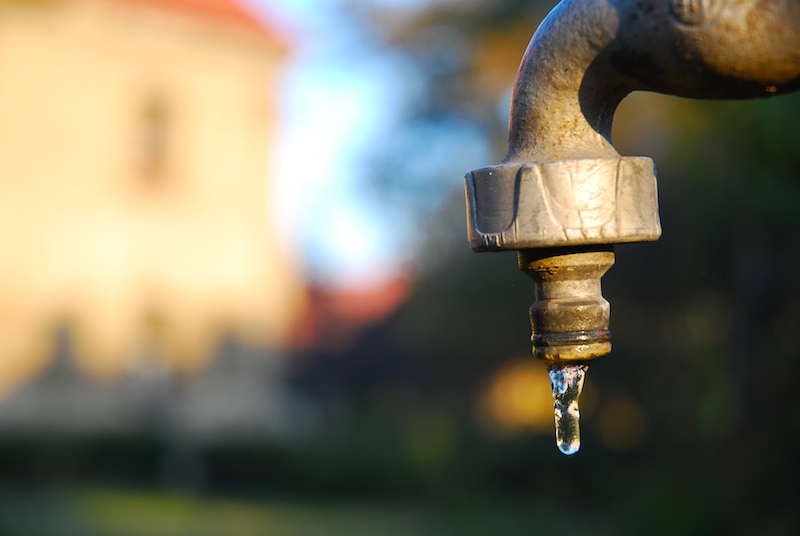Household Bills
Brits hung out to dry as water bills rise to £388

Consumers are being ‘hung out to dry’ as water watchdog announces a 3.5% price hike from the start of April this year.
Comparison site uSwitch.com says the average annual bill for water and sewerage will increase to £388 in 2013 in 2013 from £375 in 2012.
Ann Robinson, director of consumer policy at uSwitch.com, said: “Ofwat’s announcement follows a wave of energy price hikes and will leave many households struggling to stay afloat.
“In total, consumers will now have to find an extra £107 a year to meet the cost of their essential utility bills. Households now face forking out £1,740 a year on energy, water and sewerage alone. With incomes remaining stagnant, this will be another squeeze on family finances and will no doubt cause sacrifice and hardship for many.”
According to the Money Advice Trust since 2007 calls for help with water debts have gone up 251%.
In the past year they were up 21%. The Trust says this is one of the fastest growing debt problems the country is dealing with: ‘We took more calls on water debts last year than we did on rent or mortgage difficultie,’ it said.
Number of calls to National Debtline for help with water debts in:
2003: 597
2004: 1,037
2005; 1,793
2006: 3,043
2007: 5,598
2008: 7,508
2009: 9,707
2010: 12,271
2011: 16,226
2012: 19,667
Brits are being urged to take steps to reduce their water bill by as much as £54 a year.
Robinson added: “While consumers might not have the choice of switching to a cheaper water supplier, they do have the option of moving to a water meter which could save them £54 a year. As a rule of thumb, if there are more bedrooms than people in a household then a water meter could be more cost effective.”
Pros and cons of being on a water meter:
• If you are on a meter, you only pay for what you use, which means that cutting back on the amount you use will save you money.
• If you switch to a water meter and find that you are not saving money or are unhappy with the change, you can switch back to unmeasured charging within 12 months.
• The general rule of thumb: if there are less people in your house than bedrooms (e.g. two people living in a four bedroom family home) then you could save money by switching to a water meter.
• For larger families, being on a water meter may not be cost effective as your water consumption may be high. Customers living in compulsory metering areas will need support in regulating and reducing consumption.